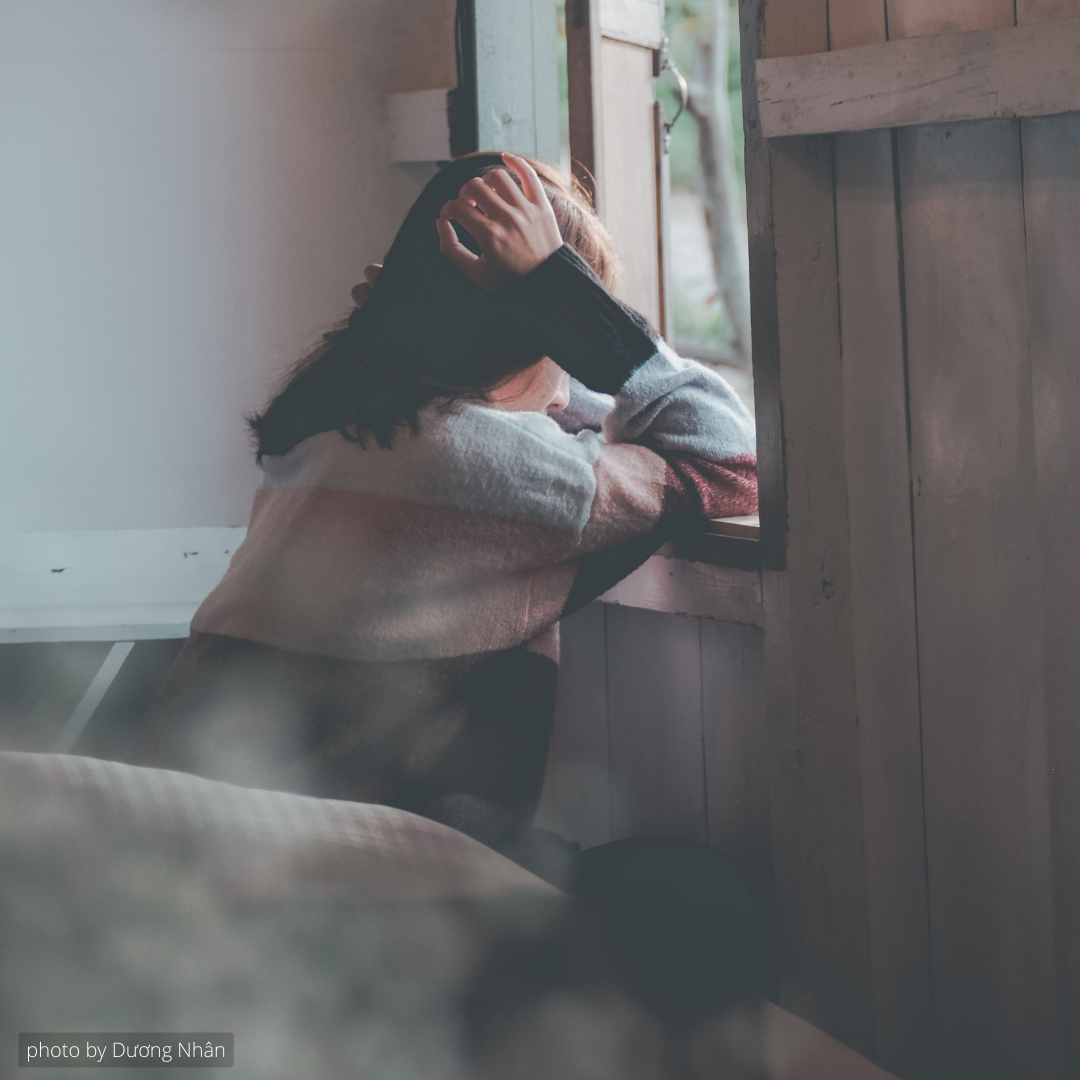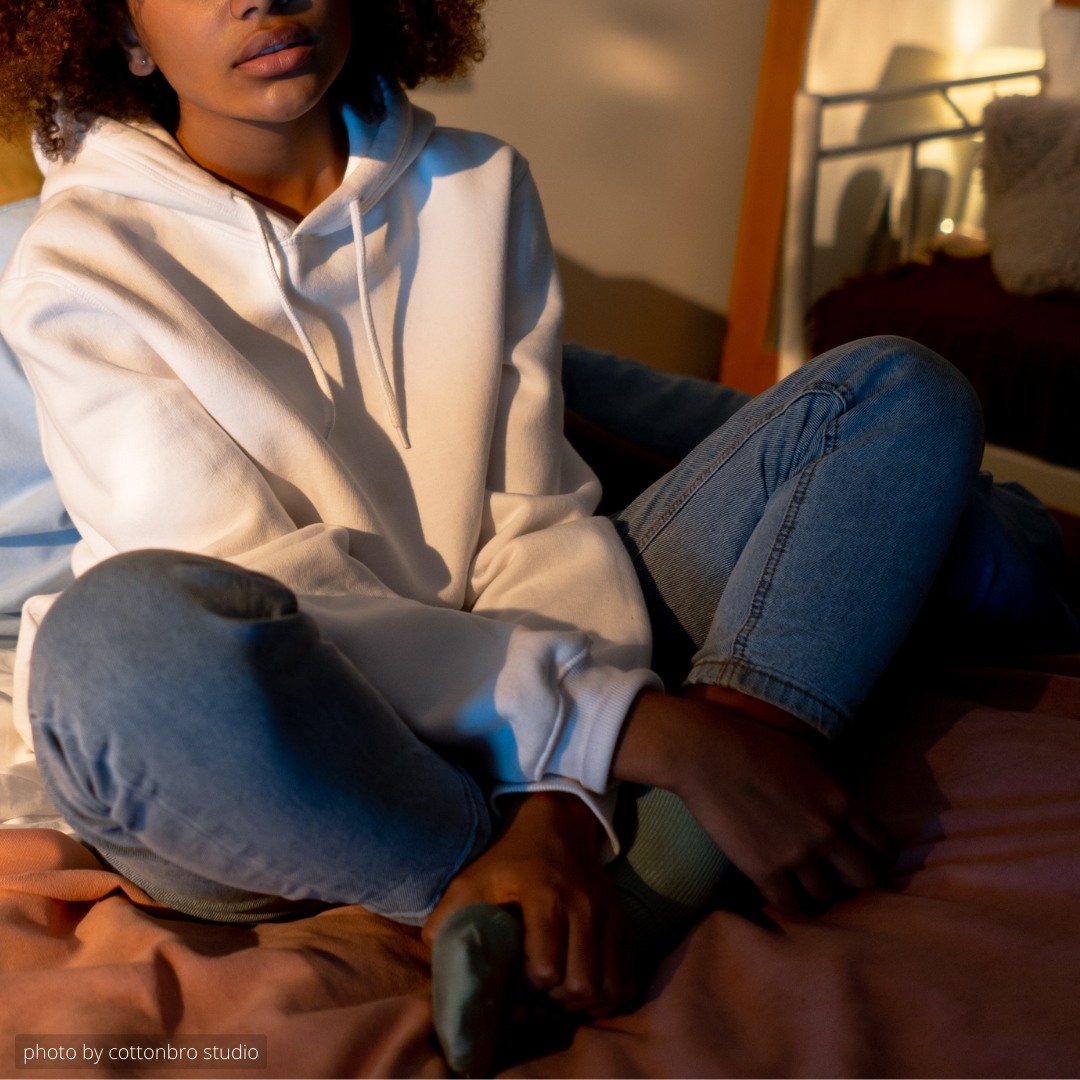“I used to isolate myself. I became introverted, and I would stay alone and cry. I didn’t want any encounters with either family or friends, and if anyone asked if I was going through something, I did not tell them. I didn’t think anyone could help me, so I just kept it to myself.”
~ young survivor, Kenya

They frequently kept their problems to themselves until things were really bad, further isolating themselves away from family and friends. Even though they knew this wasn’t a great coping strategy, they saw no alternative.
When disclosures were made (to both caregivers and others—including social support services), young survivors felt that they were blamed for what had happened, which added to the blame they already placed on themselves:

“I think he was asking me like, “Why did you do that?” when the question should have been like, “Why did he do that to you?”
~ young survivor, Namibia
“She loves me, doesn’t ignore me, when I did that, she didn’t disregard me, she didn’t feel ashamed. She provided me with encouragement”
~ young survivor, Cambodia
In situations when children or young people do disclose abuse, caregivers and other adults should first listen to them non-judgementally, then ask questions and focus on solutions together. This was repeatedly echoed in the advice emphasised by young survivors:
“Listen, listen more than giving advice…At that time I needed someone to listen, I didn’t need an advisor.”
~ young survivor, Cambodia
Funded by the Global Partnership to End Violence Against Children, Disrupting Harm is the largest scale comprehensive research study ever undertaken on the topic of online child sexual exploitation and abuse which specifically focused on 13 countries in Southeast Asia and Southern and East Africa between 2019 and 2022. The study is a joint collaboration between ECPAT, INTERPOL and the UNICEF Office of Research – Innocenti.
Adjacent to the country-specific research activities, Disrupting Harm: Conversations with Young Survivors centres the perspectives of young survivors of online child sexual exploitation and abuse. The conversations focus on understanding and interpreting what these young people were subjected to, as well as their ideas concerning the best solutions.
Join us virtually on 19 January 2023 from 3-5pm UTC+7 for the online event Disrupting Harm: Conversations with Young Survivors of Online Child Sexual Exploitation and Abuse.
Hear from child protection professionals and youth participants as they present the key messages shared by survivors who participated in the conversations for the Disrupting Harm project.
About Disrupting Harm, our research, and our partners
Comment, like and share to help us get the word out! #DisruptingHarm
Twitter | Facebook | Instagram | LinkedIn